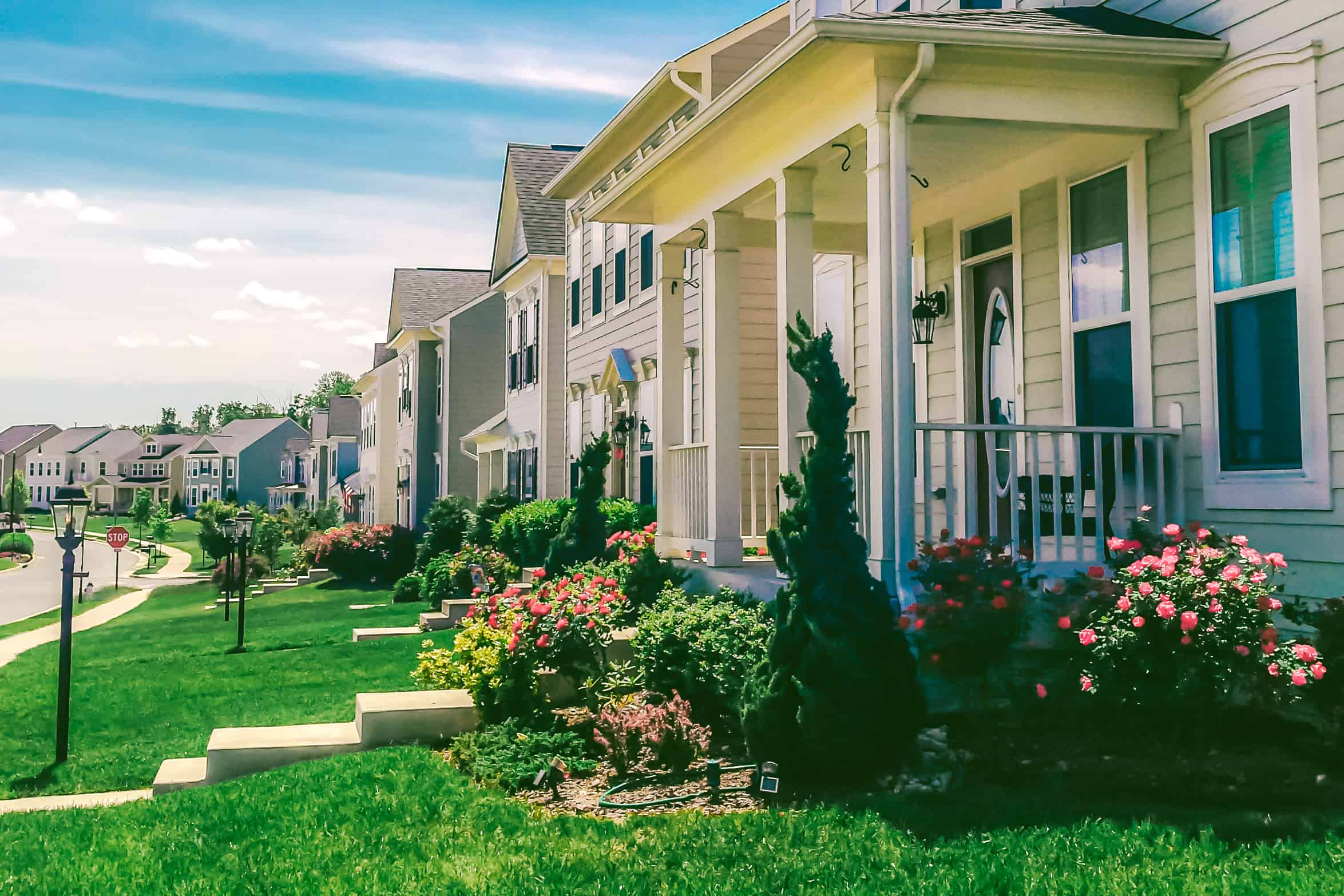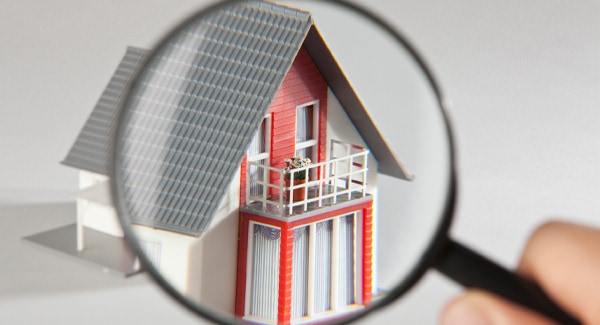
Last Updated on September 6, 2022
If you’re looking to purchase a home, condo or townhome in a planned neighborhood built post 2000, there’s a good chance you’ll need to become a member of it’s homeowners association (HOA.) And if you’re new to the home buying process, the question “What is an HOA?” may be coming to mind right about now.
What is a Homeowners Association?
A HOA is an organization that determines the rules of the community it manages and ensures that community rules are followed by all residents.
These types of rules may cover issues such as exterior paint color, whether you can have a satellite dish, the size and type of pets permitted, permissible types of fences and types of vehicles allowed to park on the street, to name a few.
Sorry Uncle Eddie, no RVs!
While the initial idea of an HOA may seem restrictive, the general idea behind them is sound, as the association’s covenants, conditions and restrictions (CC&Rs) help improve and maintain the quality of life in the community.
Furthermore, by enforcing its rules, the HOA should help to preserve the value of all properties in the group.
How do I find my HOA rules?
The rules of any homeowner associations will be available online, but don’t rest there. Ask your Realtor to get you a list of rules and help you determine what they entail. (While you’re here, go ahead and determine how rules of the HOA are added and/or changed.)
This is an important step because you don’t just need to understand the rules, you need to know what happens if you break any, such as fines.
HOA rules can vary drastically between condo and single family neighborhoods, so before you begin your home search, you should consider the following:
- Does the HOA allow dogs? Are there any restrictions on breeds?
- Can laundry be hung out to dry?
- Am I allowed to change the color of my house or the color of my door?
- Can I hang a flag from my doorstep? If so, how many?
- Are campers, trailers or boats allowed in my driveway?
- Is it possible to have a fence installed?
Depending on your needs as a home buyer, you may be disappointed or thrilled with the answers you receive. So make sure you ask these questions before you get too far down the path to purchasing your home.
What do HOA fees cover?
Homeowner association fees, or dues, cover maintenance, repairs and insurance on shared spaces, as well as all costs for management, meetings and events. HOA dues also cover recurring expenses and reserves for unforeseen or future projects, like roof replacement, resurfacing a swimming pool or general repairs after a disaster.
For smaller developments like condos, HOA fees sometimes cover utilities, water, sewer, trash and recycling.
Don’t underestimate the cost of administrative work such as tax preparation, finances and website maintenance for your development, as many of those costs are passed on to homeowners to pay in HOA dues.
Since you will be required to pay your standard HOA fee, it’s important to understand exactly what it entails.
Here are six helpful starter questions when you need to learn more about a home’s HOA fees:
- How to the HOA fees compare to other communities?
- How are HOA fees increased?
- When was the last time fees were increased?
- How big is the reserve fund of the HOA?
- What do fees cover?
- How do assessments work?
Tip: Before you purchase a home, make sure the property is not out of compliance with HOA rules.
What is an HOA assessment?
If the HOA does not have enough reserves to cover necessary items, it can levy an assessment to pay for the work. The HOA board of directors may vote to impose the assessment and the HOA will collect those fees from homeowners.
What is the purpose of a homeowners association?
The goal of a HOA is to maintain a safe, sound, attractive community that will thrive for many years. While some rules may seem excessive, most provide reasonable standards to protect your investment as a homeowner.
Other things you need to know about a homeowners association:
Can you rent your property?
Some homeowner associations place limits on the number of rental properties available in the neighborhood. Know these limits before you purchase if your goal is to turn the home into an income property.
Have you talked to current members?
If your best friends live two homes down from the house you’re eyeing, talk to them to get their perspective of the HOA to help identify any pain points before you buy.
Keep in mind that every story has two sides. If possible, try to get at least two or three neighbors opinions on the HOA to get a clearer picture of what it’s like to deal with the HOA day in and day out.
Look for signs of under-management
This is where your friends in the neighborhood will come in handy, too. Figure out if the HOA manages its money well. An underfunded HOA can leave the board trying to figure out how to get repairs done without money when a disaster strikes.
How will HOA fees impact your budget?
Since fees to your HOA will be paid on top of your mortgage, it’s important to know how they will impact your overall budget. Ask about the billing cycle, if it’s annual or biannual so you can be prepared when fees are due.
Final thoughts on understanding a homeowner’s association
Ultimately, residents desire a well put together neighborhood where they live and call home. That’s why a homeowners association is created– to do the jobs everyone in the neighborhood wants done.
Other helpful home buying articles:
Tips for first time home buyers
North Carolina first time home buyer programs



